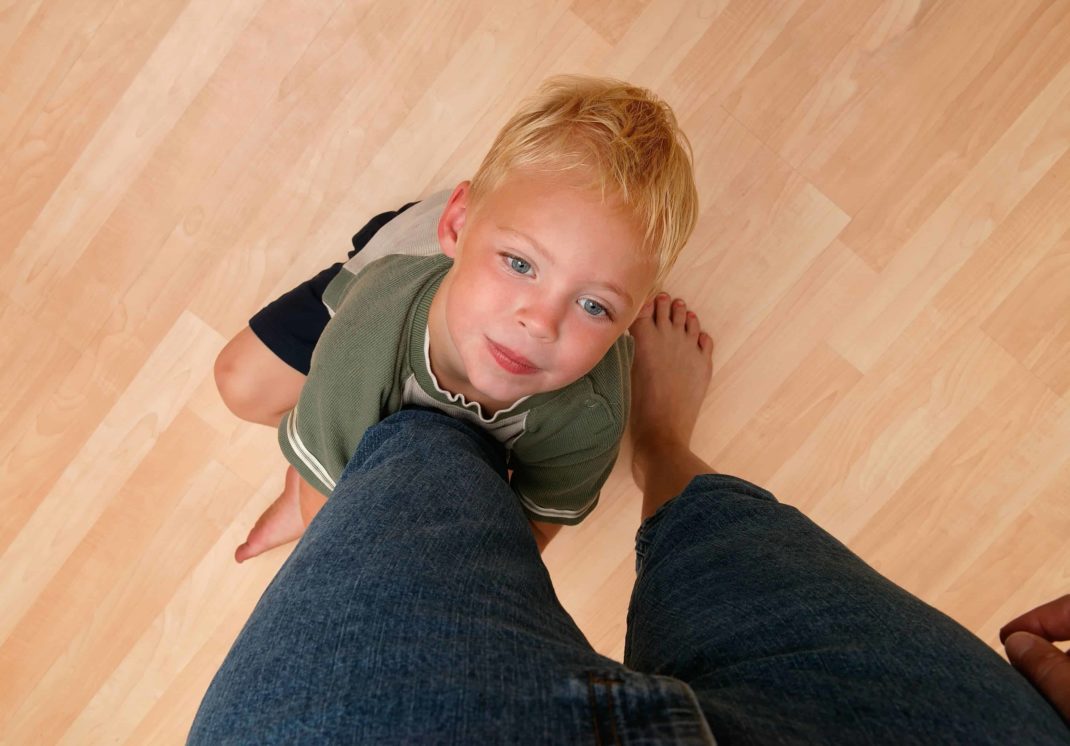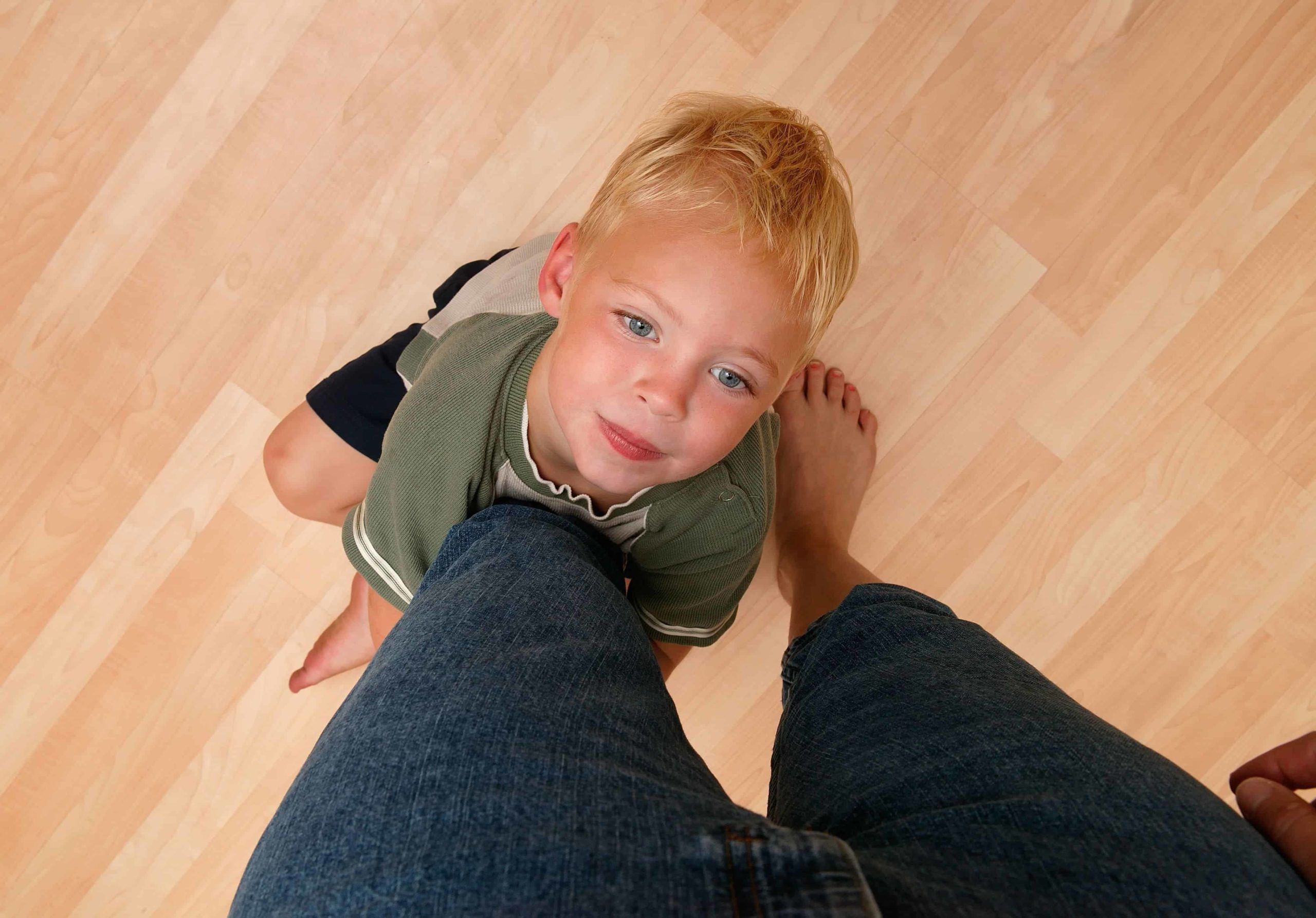How to Discipline a Toddler: 9 Strategies that Work

For most parents, imposing discipline on a toddler is one of the toughest jobs that they have to handle. Parents struggle with their toddlers’ evolving attitudes and surrounding factors that lead to defiance. Some parents resort to using punishments and physical treatments, but these things only do more harm than good. Well, stop worrying, because we are going to share some simple tips with you that will assist as you discipline your toddler. These strategies can be implemented in no time at all.
Know Your Child’s Triggers
Knowing what sparks your child’s misbehavior can prevent it from happening in the first place. When you know what your child’s triggers are, you can remove them from the picture. Observe your toddler when certain situations make them upset. Ensure that you can alter/prevent these situations in the future as to avoid misbehavior in general.
Prevent Misbehavior When You Can
This tip coincides with the previous one.Most toddlers are easily tired after playing a series of games all morning. After which, their energy levels decrease and any nagging will irritate them. Make sure to schedule important trips such as to the store or visits to the doctor’s office in the morning when they are in the best mood. Children tend to become grumpy and misbehave when they are tired and have to do something that they would rather not do.

Consistency Is Key
When having to discipline your toddler, make sure that you are always consistent with your reactions. When your reaction continually changes, kids will not understand if what they are doing is acceptable or not. There’s no timetable as to how many times it will take until your toddler stops an act of misbehavior, but if you are always consistent with the way that you respond to these situations, they’ll eventually learn after three to five times of being reprimanded.
Keep Your Emotions In Check
When trying to discipline your child, it is best to keep your tone neutral and to avoid shouting in order to prevent them from being afraid. In appropriately doing so, children can receive your message.. Children are usually bothered when you’re in a bad mood and chances are, they won’t hear a thing that you’re trying to say if you’re noticeable upset. Resist the urge to raise your voice so that they won’t be distracted by your reaction of anger. If it helps, you can take deep breaths and count to ten prior to confronting your child regarding their misbehavior.
Keep It Short and Simple
One of the best tips that we can provide is to avoid having long-winded conversations, arguments, and reasonings. The more time that it takes for you to deliver your message, the less likely it is that your children are listening and paying attention. Keep everything short and simple so that they can comprehend easily and take action immediately. Try speaking in shorter sentences and repeating key phrases so that the message remains with them longer.
Offer Options and Choices
When disciplining your child, allowing them to control parts of the outcome is a win-win situation. Give your child multiple options and choices where they can be the one who will decide what to do. This way, they will feel that they are in charge of what is happening to them and they won’t defy you. When you opt to give choices, make sure to break everything down into smaller chores. Let’s use cleaning their room as an example. You may begin by giving them a choice of which of their toys to pick up first and then begin asking them if they would want to put away toys before making up their beds. Once they have completed all of the small tasks, the entire room will be cleaned!
Ensure that you also teach your children about the benefits of making good choices and how making poor choices can affect them negatively.
Promote Empathy
Teaching your children about empathy gets them to consider the feelings of others. When you present them with scenarios of how other kids have felt whenever they have done something nice for someone else, it will encourage them to do the same. Once your child experiences a positive reaction as a result of their doing, they’ll truly learn the importance of conveying empathy.
Reward Good Behavior
When bad behavior worsens, a prize can help to tone it down. Reward your child with a prize when they display good behavior. This way, they will feel valued, respected, and acknowledged.
Positivity Above All Else
Keeping negative thoughts to yourself will keep your child at bay. No matter how frustrated you may feel about their misbehavior, don’t make a big fuss about it in front of them. Try to remain positive. . If you feel as though you have reached a point of exasperation, turn to your spouse or a trusted friend for help.
Find these parenting tips helpful? Let us help g you to achieve a better way of parenting. Visit our website https://www.abcacademy.com/ to gain access to more parenting tips.


